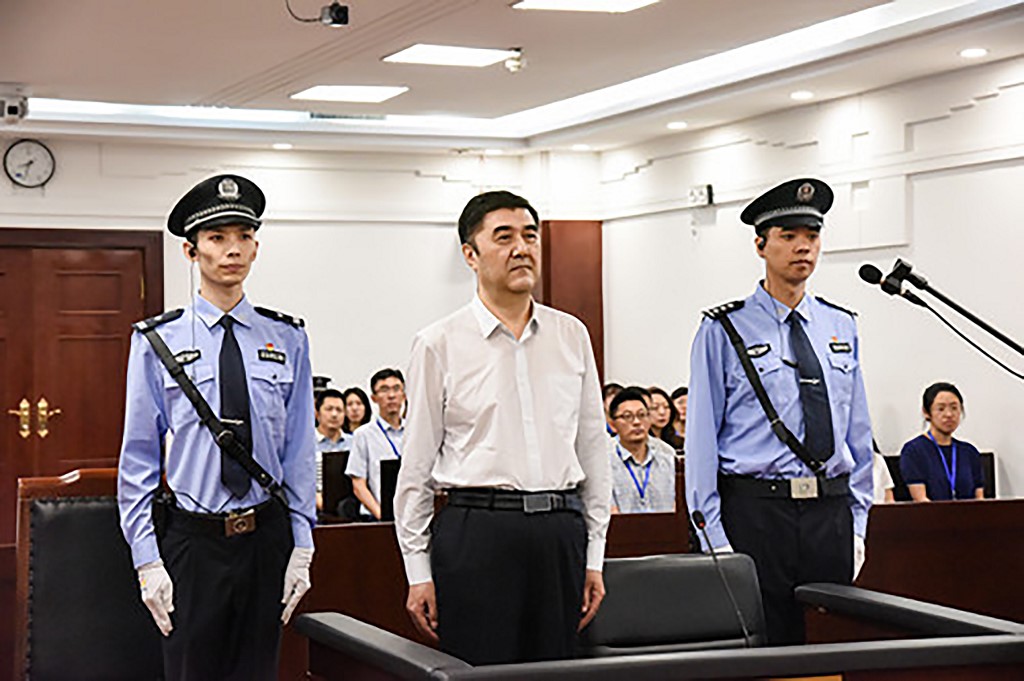(ATF) According to Sina Finance, from now on the “rich must be careful.” The People’s Bank of China has announced that China will soon carry out a pilot project to review large-scale cash management in Hebei Province, Zhejiang Province and in Shenzhen.
The new regulation means that large cash withdrawals or deposits will need to be registered.
In terms of the amount, that is mainly divided into different sums for public accounts and private accounts in the three areas.
For public accounts, the starting point of the “management amount” is 500,000 yuan. And for private accounts in Hebei Province it will be 100,000 yuan, while in Shenzhen City it will be 200,000 yuan, and in Zhejiang Province it will be 300,000 yuan.
These figures correlate to the general level of wealth in each province.
According to the PBoC notice, pilot implementation of large-cash management will differ from place to place, and each area will have its own focus.
In Hebei Province, the focus will be on the real estate industry. In Zhejiang Province, the focus will be on wholesale and retail, real estate sales and other industries. While in Shenzhen the focus will be on the control of personal accounts.
The PBoC, or central bank, has officially launched this pilot project to build a large cash management information system, with implementation rules and emergency plans. It also wants to strengthen personnel training and improve related services.
It should be noted that whether it is an individual or a unit, when bank deposits and/or withdrawals exceed the corresponding amount, it will be necessary to make an appointment and register – to indicate the source when making a deposit, and indicate the use of the funds when making a large withdrawal. These details will be included in the large-cash management information system.
Plenty of warning
This system will start in October in the much more wealthy province of Zhejiang, China’s richest, and Shenzhen. The PBoC has given plenty of warning for those with extra cash, who may not want to explain its origin or use.
They are likely to park funds in digital currencies like Bitcoin, Ethereum or Stablecoins for instance, or in other ways.
Dong Ximiao, a special researcher at the National Finance and Development Laboratory, said that no matter whether it is an individual or an enterprise, if the use of cash exceeds the limit, as long as relevant registration is carried out in accordance with the regulations, access to large amounts of cash will not be affected.
People can also use mobile payment systems, such as WeChat payment or Alipay, or make online payments or pay via other methods. And, these methods should be sufficient to meet ordinary people’s daily needs.
Dong said: “The management of large amounts of cash is mainly to understand the sources and uses of cash – to regulate the rational use of cash by the public, to effectively prevent the risks of circulation and use of large amounts of cash, and to curb the use of large amounts of cash for illegal and criminal acts.
“Because cash is anonymous and cannot be traced later, it has become an important method for corruption, bribery, money laundering, and tax evasion.
“Now, the central bank has introduced new regulations that will focus on cracking down on illegal and criminal activities. The ‘rich’ should be careful. For ordinary people, it does not affect normal deposits and withdrawals.”
























